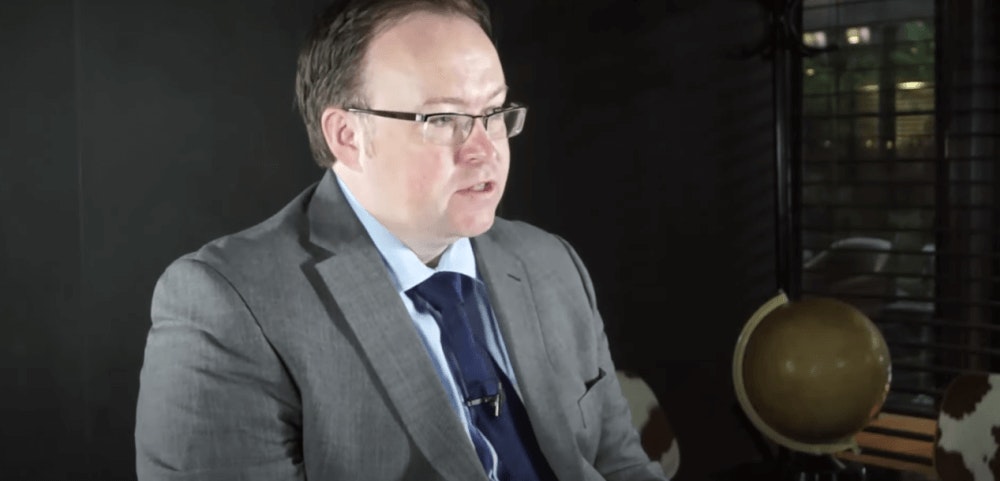Nick Goold
What motivated you to become a forex trading coach, and how did your journey in the forex market begin?
My trading journey began with Banks trying to poach people doing my Battle Management Job in the Royal Air Force to be traders on their floors, due to the similar skill sets. That piqued my interest and a few years later I transitioned across to trading markets. I had no plans to be a Trading Coach, I just had lots of people coming to ask me for help with their own trading. I realised that my previous experiences of coaching in sports and the military helped me coach traders to improve their performance – which was more about managing themselves rather than learning more technical skills.
Can you briefly describe your trading philosophy and approach, which you impart to your students?
Sure. Firstly, you’re a Risk-Manager first and a speculator second. With that in mind its important for traders to understand and embrace the management of the 4M’s of Trading: Markets, Method, Money and Myself. This you can manifest and exercise in your Strategy, Tactics and Mechanics. Your overall Strategy should be simple and clear – so, for me, when operating as a swing trader within FX’s markets I am always looking to buy strength and sell weakness – in order to surf the best trends rather than fight the markets.
What are the most common challenges or misconceptions that retail traders face when starting their forex trading journey?
They can be over-confident, and under-skilled. They can also have overwhelming expectations, allied with an under-capitalised trading account. This leads them to thinking they need to ‘hit a homerun’ on every trade. When they fail to achieve that then it leads to them poor behaviour as they chase the markets in order to achieve over-optimistic goals.

In your opinion, what role does psychology play in a trader's success, and how do you address psychological challenges in your coaching?
It plays a huge part in their success, though sadly most new traders fail to realise that until it’s too late. By recording and reflecting upon your trading you will uncover many of your psychological challenges – this raising of your self-awareness allows you to make better choices going forward. And with better choices your raise the opportunity to create better outcomes.
In your experience, what are the key differences between day trading and swing trading in the forex market, and how do traders choose the right approach for them?
In my personal experience, and those of the traders I have worked with over the years, a simple view within the forex market, is that as a swing trader I’m usually a trend trader. Whereas when I’m a day-trader I focus on reversals. Traders need to understand their own psychology, and also their own present lifestyle and commitments to help them determine whether they’d be better focusing on swing trading over day-trading. I would probably suggest that most traders start as swing traders (less pressure) until they have learnt the skills to cope with the demands of fast-paced, dynamic intra-day markets.
Could you elaborate on the importance of journaling and record-keeping for traders and how you incorporate this practice into your coaching?
Its unbelievably important, and I truly believe it will help traders progress faster than anything else at the start of their journey. They should keep; an excel spreadsheet of all trades; a journal for specific trades; and an equity curve. They don’t have to be fancy to begin with, just make sure you’re collecting the data. It will become a gold-mine to help you evolve as a trader and develop your own trading business.
Are there any specific money management strategies or techniques that you recommend to traders for preserving capital and maximizing profits?
Keep it simple. Never ever trade without a Stop-loss. Learn position-sizing and never risk more than 1% on a trade or 2% on a position. Keep your VAR beneath 6%.
Finally, what would be your top advice or words of wisdom for aspiring traders who aim to build a successful career in forex trading?
Have a process and focus on what you can control: Plan your trade, trade your plan, and manage your risk. If you do those three things (which are all in your control) then the trade is a success, regardless of the outcome or your P&L. Plus, the journey always takes longer than you think…..so make sure you enjoy the journey!
Many thanks to Paul for sharing his insights. You can explore more about him on his website.
(Please note: This is not an endorsement of Paul's services).

